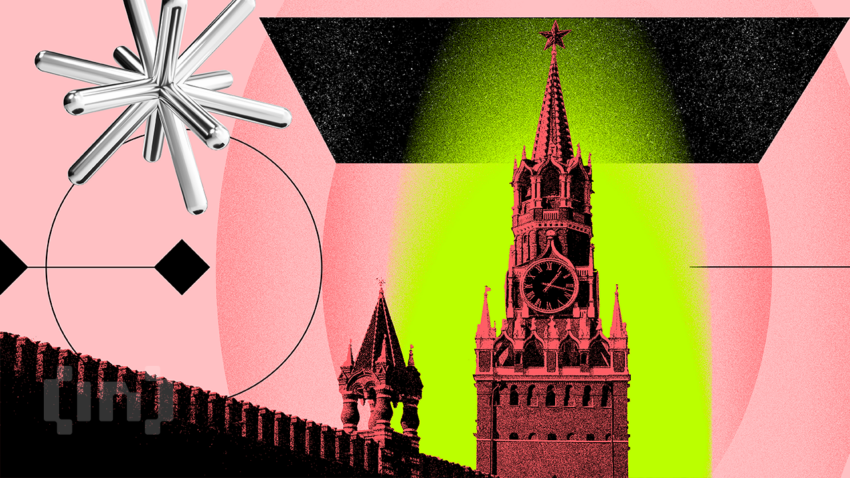The Russian Supreme Court overturned an earlier court ruling that converting cryptocurrencies to rubles constitutes money laundering.
The ruling addresses a case where a drug manufacturer received payment for narcotics in cryptocurrencies.
Russian Supreme Court Rules in Favor of Armed Forces’ View
The Supreme Court of Appeal overturned the drug trafficker’s initial acquittal for money laundering. The court considered the Russian Armed Forces’ 2019 classification of cryptocurrency as a crime subject under articles 174 and 174.1 of the Russian Federation’s Criminal Code.
The first court argued in 2019 the defendant was innocent of laundering because they converted drug revenues into rubles without introducing them into circulation. Additionally, the person didn’t own the funds they converted once they sent them to their cohabitant’s daughter’s account.
According Article 174.1, however, a person doesn’t need to profit from laundered funds for them to be considered guilty. The act of attempting to give lawful appearance to criminal funds is sufficient.
The prosecutor appealing the initial acquittal also argued the defendants’ acceptance of Bitcoin as payment for drugs further indicated an intention to avoid detection.
Developing Judicial Processes Takes Time
Russian law recognizes cryptocurrencies as a means of payment and property. Hence, people can use them for purchases intended to legitimize their origins.
Click here for our run-down of the best Bitcoin exchanges.
However, conversion into fiat for further circulation may warrant investigation. According to a translated Supreme Court statement:
“The focus of intent on the legalization of funds acquired by criminal means is not evidenced by their disposal for personal consumption, and therefore the law enforcer should pay special attention to the proof of the purposes of further operations (for which they were used).”
According to criminal lawyer Andrey Tuzov, it will take time to fully grasp judicial practices related to the criminal use of cryptocurrencies.
For BeInCrypto’s latest Bitcoin (BTC) analysis, click here.
Disclaimer
In adherence to the Trust Project guidelines, BeInCrypto is committed to unbiased, transparent reporting. This news article aims to provide accurate, timely information. However, readers are advised to verify facts independently and consult with a professional before making any decisions based on this content. Please note that our Terms and Conditions, Privacy Policy, and Disclaimers have been updated.


